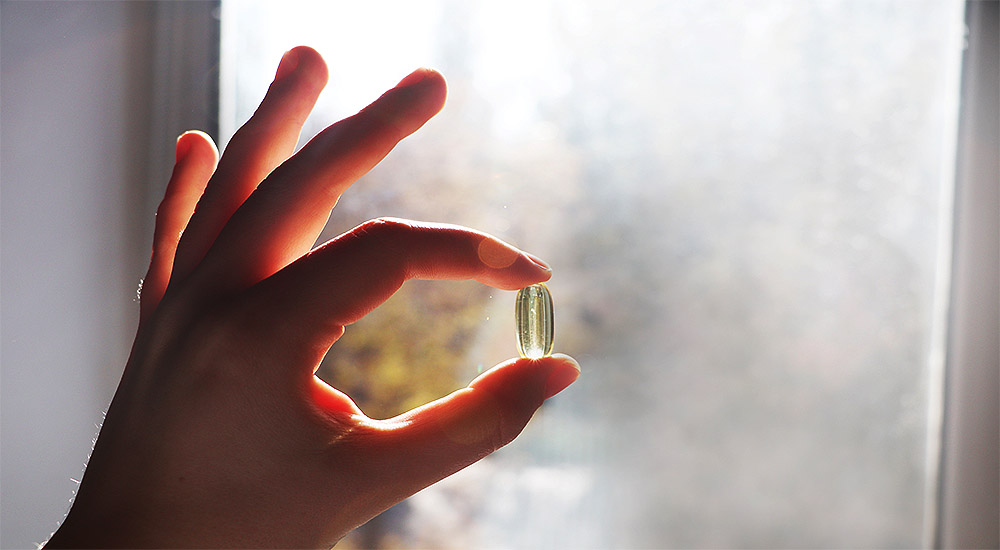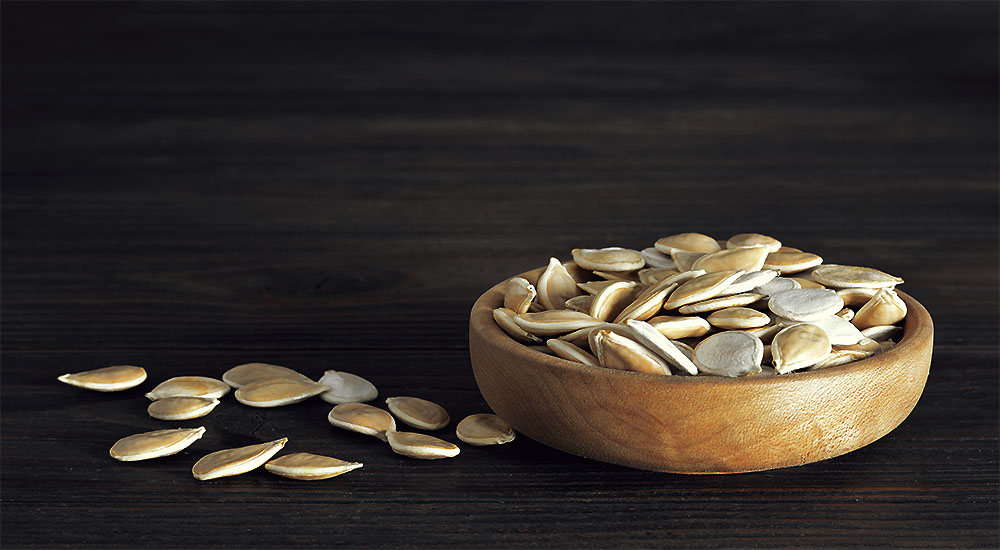Dangers of Vitamin D3

Hello Summer!
Hopefully, you’ve been told the importance of getting adequate vitamin D3 while simultaneously protecting your skin. Summer may bring longer sunny days to the northern hemisphere, but unless you live fairly close to the equator and have light skin, the sun’s rays are likely insufficient to normalize your D3 levels.
Getting a blood test is the only accurate way to assess current levels. Fortunately, they are fairly affordable and if your result is less than 50 ng/mL, you are in very good company, but not at an ideal, healthy level.
In fact, while those of us specializing in root cause medicine and functional medicine like to see our patients’ levels about 50 ng/mL on their blood tests, a level of 20 – 30 is considered “normal” by most labs. Yet approximately 85% of Americans score below even that.
The dangers of low levels of vitamin D3 are associated with a very long list of symptoms and diseases. From increased risk of heart disease and seventeen different types of cancer, to obesity, decreased bone health and autoimmune disease; the list is truly staggering.
What is Vitamin D3 & K2?
Vitamin D3 is called a “vitamin” when in fact that’s a misnomer. Vitamin D is actually a steroid hormone, capable of influencing over 3,000 genes in the human body. When we say “influence”, we mean that vitamin D3 has the power to prevent or worsen a wide variety of diseases through its ability to “turn on and off” genes. No man is an island as the expression goes, and vitamin D3, too, needs a little help to perform its job correctly.
Vitamin D, specifically D3, and vitamin K2 “play” very nicely together. The benefits of vitamin D3, of which there are many, are greatly enhanced when proper levels of vitamin K2 exist in the body. Bone and heart health are chief amongst the organs benefiting, although there are many.
Interestingly, when I was trained as a doctor, vitamin K was associated with blood clotting as its predominant role – a deficiency of K would be associated with an inability to cause one’s blood to clot. When a patient didn’t appear to have such a problem, it was assumed vitamin K levels were sufficient. Recent research refutes that theory.
Insufficient vitamin K2 leads to heart disease, osteoporosis, brain function problems including dementia, prostate, lung, and liver cancer, plus infectious diseases. As research continues, the list grows.
Vitamin K2, a fat-soluble vitamin, is a teammate to vitamin D3 that prevents it from having a “dark side”.
Some interesting research showed that vitamin D3 could “cause heart disease”. On the face of it, such research made no sense as there was much evidence to the contrary. However, it wasn’t inaccurate, and herein lies the story of vitamin K, something we should all know to ensure the optimal health of our bones, heart, and more.
The potential “dark side” comes from how vitamin D3 and K2 interact with a major mineral, calcium. Vitamin D3 ensures the absorption of calcium. This sounds good, right? It’s good for bone health but is not beneficial when you realize that a cause of heart disease is calcium in the arteries, known as atherosclerosis or hardening of the arteries.
Is calcium the villain? No, it’s not. Calcium is simply being deposited incorrectly. If the calcium was traveling to the bones it would be fine, it’s a deposition in the arteries, kidneys, or joints that create unwanted disease.
The nutrient needed to balance D3 and calcium, vitamin K2, has a rate of deficiency as bad as vitamin D’s. It’s estimated that 80% of our population is deficient in K2. This is a large problem because it is the job of vitamin K2 to direct calcium to the proper location in the body and prevent it from depositing where it shouldn’t, such as in the arteries, organs, and joints.
Calcium deposits are associated with a long list of diseases including:
- heart disease,
- obesity,
- diabetes,
- colon cancer,
- breast cancer,
- Alzheimer’s,
- hypothyroidism,
- ovarian cysts,
- fibrocystic breasts,
- bone spurs
- and more.
If you or anyone you know suffers from such conditions, it’s a good bet a deficiency in vitamin K2 exists. According to researchers, “nearly everyone” is deficient in vitamins D3 and K2.
How does vitamin K2 perform its “magic” in directing calcium accurately? It activates a hormone, osteocalcin, which is required to bind calcium into the bone. The same hormone prevents calcium from depositing in places it shouldn’t.
Isn’t the human body amazing? It ensures calcium is placed in the correct places, keeping bones strong, while preventing it from being deposited where it shouldn’t.
But in order for the body to perform this job flawlessly, it requires an adequate amount of vitamin K2, something most of us just don’t have.
Worrisome is the current attention put on vitamin D deficiency and the need of D3 supplementation, while there is a concurrent lack of awareness of vitamin K2’s important role.
If an individual takes vitamin D3 due to deficiency but ignores a probable deficiency of vitamin K2, a likely scenario is increased calcium absorption from the effects of D, but inappropriate calcium deposition due to a lack of K2. And yes, this does equate to increasing one’s risk of disease due to taking vitamin D.
It’s sad to think one is doing potential damage through taking such an amazing vitamin as D3, but the truth of its relationship to vitamin K2 is incredibly important to know.
Studies confirm vitamin K2 intake is inversely correlated with cardiovascular disease and mortality, meaning getting adequate amounts of K decrease your risk of heart disease and extend your life expectancy.
The safety of vitamin K is high. There have been no adverse effects associated with taking high doses. Chlorophyll is the substance in plants that gives them their green color and provides vitamin K. Freezing foods may destroy vitamin K, but heating does not affect it.
Our favorite multiple vitamins have a good dose of K2 and D3 to prevent deficiency, and if a patient tests low in D despite taking the multiple, our go-to additional formulation has a nice balance of both nutrients to prevent D3 levels from ever becoming a liability.
Foods that contain a significant amount of vitamin K1 include green tea, turnip greens, broccoli, kale, spinach, cabbage, asparagus, and dark green lettuce, but humans don’t convert K1 to K2 readily, so it seems we need to consume pre-formed K2 to get the benefits we are discussing here.
Dietary sources of K2 are mostly animal-based other than natto, a fermented soy product, that I have been told is rather disgusting to eat. If you have a way that you enjoy it please let me know.
Considering we don’t recommend the ingestion of foods naturally high in K2, including dairy products, egg yolks, and organ meats, the best option is to supplement K2.
Patients who are taking blood thinners should consult with their doctor before taking vitamin K2.
Our recommendation:
- Get your vitamin D3 level tested. If it’s below 50 ng/mL, contact us and we can help you with a correct dosage to optimize your level to a healthy one.
- There is no accurate lab test for vitamin K as of this writing, therefore ensure you are taking vitamin K with D. Even if you are in the minority and don’t require “extra” D, find a multiple that has a balance of both. Here’s a suggestion – my favorite multi-vitamin .
- Get your calcium from plant sources such as dark green leafy vegetables. Spinach, chard and beet greens are high in oxalates, therefore they will not allow good calcium absorption of the calcium they naturally contain. They are still good greens, just don’t use them as your only “green source” of calcium. Dairy products are not a good source of absorbable calcium and the proof lies in the fact that countries with the highest dairy consumption have the highest rate of weakened bones or osteoporosis.
- For strong bones, a balance of minerals is crucial. Calcium is only a single constituent of bone. Therefore, don’t take calcium supplements on their own and do get a good balance of all necessary minerals from a good multiple, plus dietary Himalayan sea salt is a great source of all the trace minerals.
Click HERE to visit our vitamin store. Order the Liquid Vitamin D3 with K2 and multi-vitamin you need.
Do you need help with your health?
We have the diagnostic and testing tools, the clinical experience, and a different medical approach to discovering the root cause of why you have the symptoms that are bothering you. As long as you are ready to make some dietary and lifestyle changes, we can help you. We will "hold your hand" through the changes, step by step, to make each step an easy one. We are located in Clearwater, FL, at 1000 S Ft Harrison, at the corner of Ft. Harrison Ave. and Magnolia St. There is plenty of parking space directly accessible from Ft Harrison. If it is not convenient for you to come to Root Cause Medical Clinic, we offer telehealth/telemedicine consultations to residents of certain states. Call us for details.
Contact us for a Consultation – Call 727-335-0400

Dr. Vikki Petersen DC. CCN
Founder of Root Cause Medical Clinic
Certified Functional Medicine Practitioner
Dr Vikki Petersen is a public speaker, author of two books, several eBooks and creates cutting edge content for her YouTube community. Dr Vikki is committed to bringing Root Cause Medicine and its unique approach to restoring health naturally to the world.
Ask a Doctor
Have a health concern you'd like to speak with a doctor about? Or just want clarity on a subject? Ask Us!


